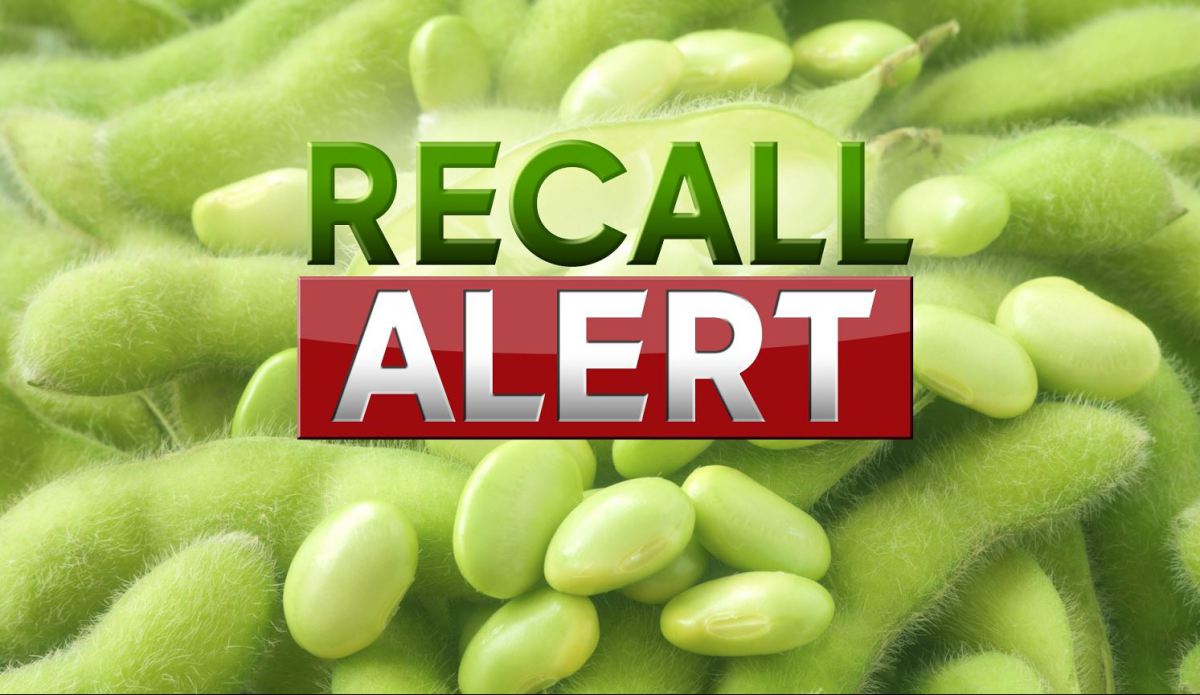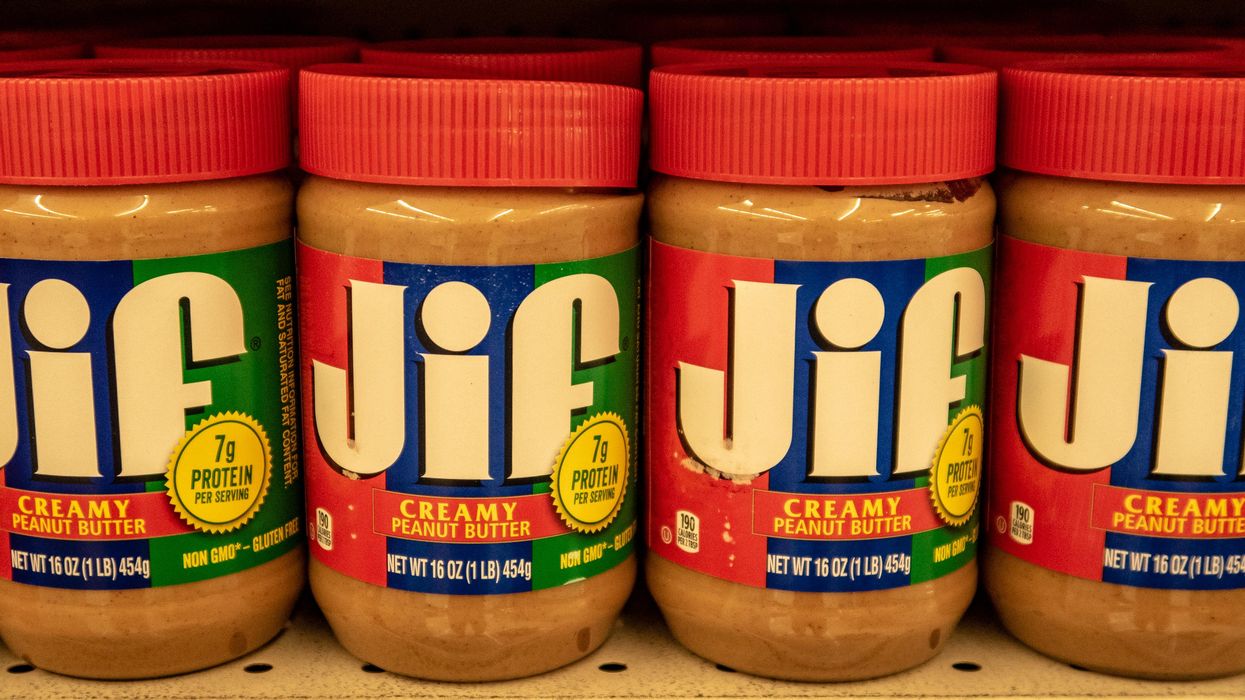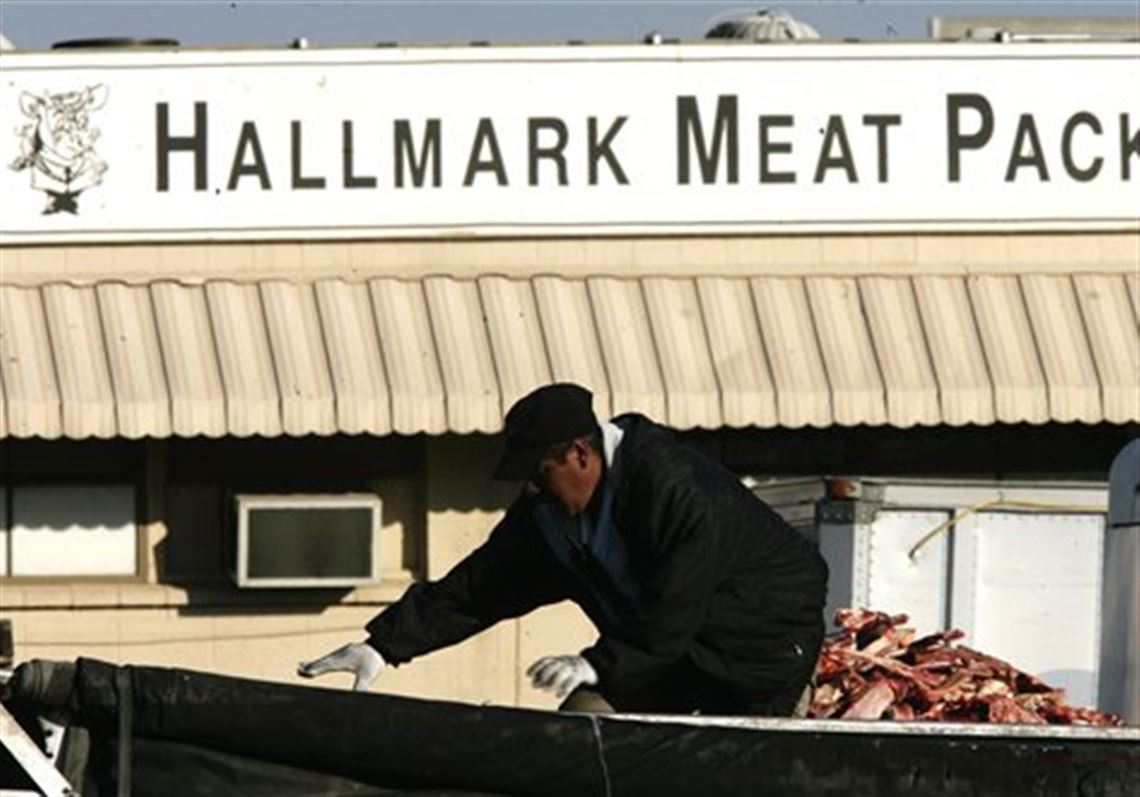
The United States Food and Drug Administration has issued the largest food recalls this month, signaling that the recall season has arrived.
The United States Food and Drug Administration and the Centers for Disease Control and Prevention are looking into a salmonella infection linked to Jif peanut butter products.
The FDA reported Friday that the J.M. Smucker Company had issued a voluntary recall for its creamy, crunchy, natural, and reduced-fat peanut butter products with lot codes 1274425 to 2140425 that were distributed nationally.
So, let us now take a look at the largest food recalls in history which includes the very recent Jif Peanut Butter Recall.
The Largest Food Recalls in History
Due to their magnitude, some recalls stand out above the rest. These are the five largest food recalls that drew the attention of the entire nation.
- Jif Peanut Butter Recall of 2022
According to the FDA, at least 14 illnesses have been reported, with two hospitalizations. Arkansas, Georgia, Illinois, Massachusetts, Missouri, Ohio, North Carolina, New York, South Carolina, Texas, Virginia, and Washington are the 12 states that have reported salmonella cases.
According to the FDA, salmonella poisoning can cause symptoms such as fever, diarrhea, nausea, vomiting, and stomach pain. Anyone who has consumed Jif peanut butter products and is experiencing these symptoms should require medical help.

Consumers who have a recalled item should throw it away immediately, according to the FDA. Surfaces and utensils that may have come into contact with the peanut butter should be cleaned and sanitized as well.
According to the FDA, evidence shows that the recalled Jif peanut butter was produced in the company’s Lexington, Kentucky factory, and that it is the likely source of illnesses linked to the salmonella outbreak.
- Menu Foods Recall of 2007-2010
While Menu Foods was neither an American company nor one that distributed food for people, it was one of the largest wet dog and cat food manufacturers in North America at the time everything started to go wrong in 2007.
Since there are no real reporting mechanisms for sick or dying animals, it wasn’t until veterinarians across the country began reporting kidney failure in cats and dogs that the FDA decided to investigate.

The concern was that the gluten used in the cuisine contained melamine, a chemical used to create plastic that has previously been found in Menu Foods products. The tainted gluten was traced back to two Chinese companies that supplied it to Menu Foods. In the United States, the two companies were taken on trial and found guilty. Menu Foods was purchased by Simmons Pet Food in the same year.
- Hallmark/Westland Meat Packing Beef Recall of 2008

When an undercover film was leaked to the Humane Society of the United States in 2008, it revealed that the cows at the Hallmark/Westland meatpacking plant in California were sick to the point of being unable to walk to slaughter, yet the job was nevertheless done. To keep illnesses out of the food supply, federal law prohibits the killing of sick cows. The company was required to recall all its beef products manufactured between 2006 and 2008, totaling over 143 million pounds of beef.
- Cargill Ground Turkey Recall of 2011

The Cargill Meat Solutions Corporation was forced to recall more than 35 million pounds of ground turkey in the fall of 2011, due to salmonella contamination. It was discovered that contaminated ground turkey was responsible for nearly 100 people getting sick and one dead. The company fixed the problem and was permitted to operate, but inspectors discovered salmonella again just one month later, prompting yet another ground turkey recall.
- Wright County and Hillandale Farms Eggs Recall of 2010

In 2010, the Wright County/Hillandale Farms company recalled over a half-billion fresh eggs due to salmonella issues. While no one has died as a result of consuming the contaminated eggs, the CDC claims that 1,900 people have become extremely ill. The FDA has since issued additional egg safety rules as a result of the companies’ unsanitary conditions. Both corporations paid large fines, adjusted their business practices, and are still in operation today.
Also Read:
10 Best Restaurants in the World